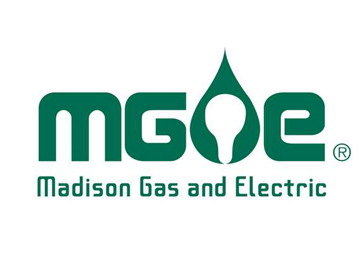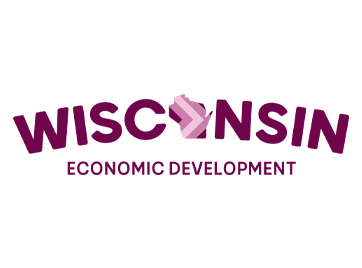Gov. Tony Evers Signs WEDA Priority Legislation Into Law
Earlier this week, Wisconsin Governor Tony Evers signed Senate Bill 319 into law – as 2019 WI Act 63 – after the proposal was approved with overwhelming bipartisan support by the state Legislature. The new law will ensure the state’s Transportation Economic Assistance (TEA) Grant program provides grant funding for projects that both create and retain jobs in Wisconsin.

The proposal was a top legislative priority for WEDA, and we would like to thank members who responded to our advocacy Call to Action on this important legislation. The WEDA Government Affairs Team would especially like to thank WEDA members Cheryl Fahrner, Seth Hudson and Steve Peterson who testified in favor of the bill at the State Capitol. Member engagement was critical to our success!
To put it into perspective, of the more than 1,200 bills that have been introduced in the current legislative session, less than 6% of them – including our TEA Grant bill – have been signed into law.
The TEA Grant program, administered by the Wisconsin Department of Transportation (DOT), was created in 1987 to provide funding for transportation improvements critical to economic development projects that retain and create jobs in Wisconsin. The grants, available to businesses and communities, covers up to 50% of the total cost of the eligible transportation project. Recipients receive $5,000 per job created or retained by the project.
However, after an internal DOT review of the program several years ago, the Department determined it did not possess the statutory authority to provide grant funding for jobs retained – and going forward could only support projects that create new jobs. The change diminished the value of TEA Grants as an economic development tool and was in direct conflict with Wisconsin’s growing workforce shortage.
The newly passed law (Act 63) will restore the TEA Grant program’s long history of awarding project funds for both job creation and job retention.
The bill will hopefully also serve as a catalyst to encourage policymakers to equally value job retention and job creation across all state economic development programs.































